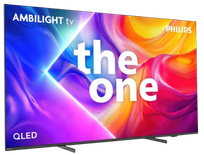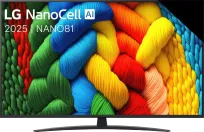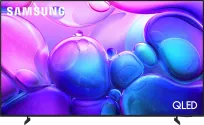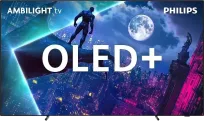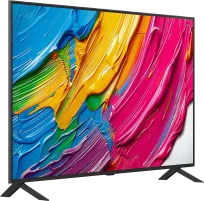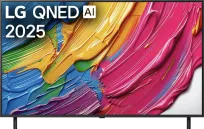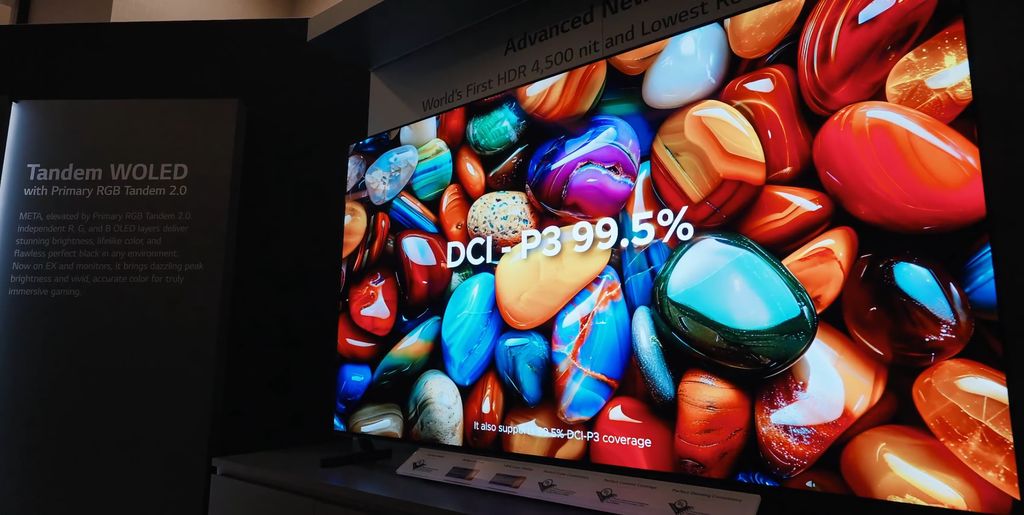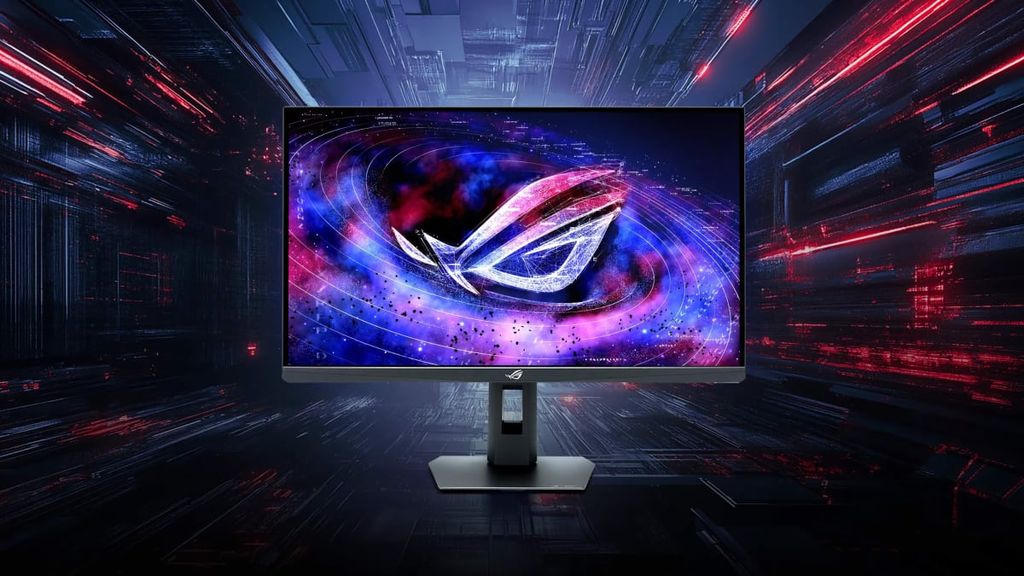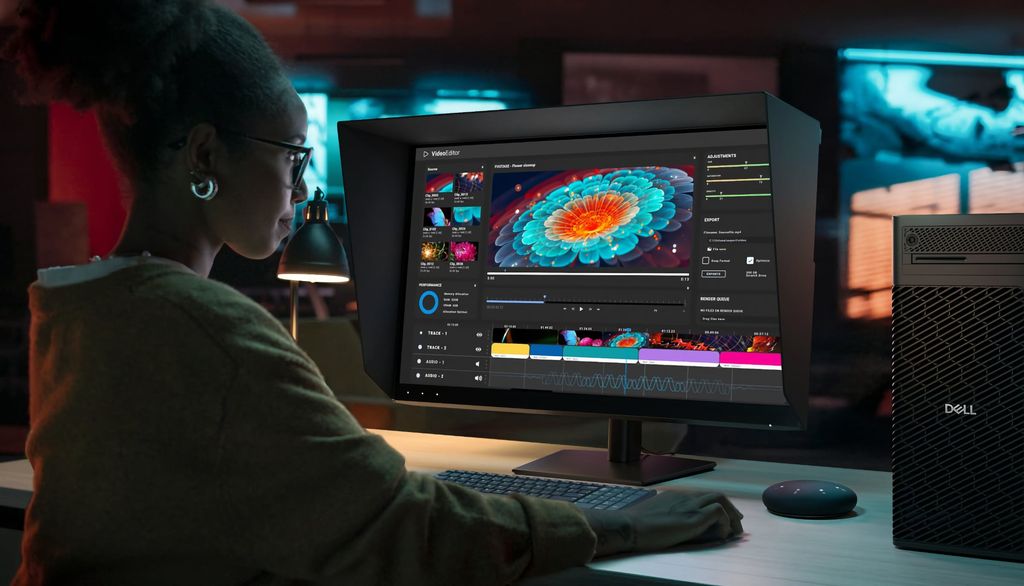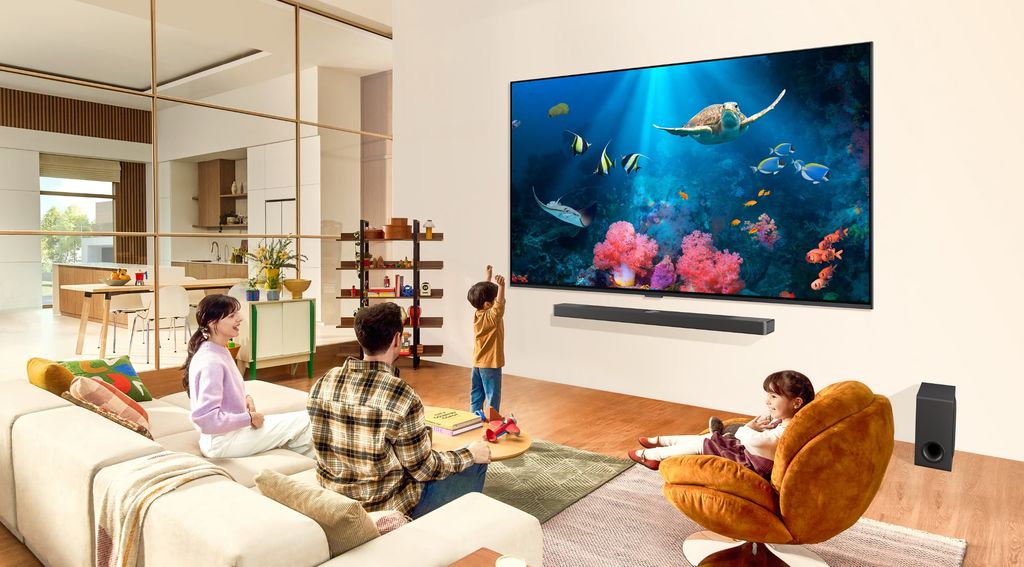
AI in advertising: the era of boring banners is coming to an end
You won’t click? No worries. Now a chatbot will sell you a product before you even have a chance to ask about it. Google is launching a new generation of ads that won’t appear alongside content – they will become the content. AI, instead of suggesting something objective, will push a sponsored link, a product from the AdSense campaign, and tell you why you should click.
Sounds familiar? Yes, but now it’s happening not on Google’s page, but in your AI assistant.
Ads in AI? It's no longer "if", but "when"
Google is testing a new format of advertising under the AdSense for Search programme, but not in the classic search engine – only in third-party chatbots. Partners? Including iAsk and Liner. Sponsored content appears in real-time during conversations with AI.
At the same time, the giant is developing two new search systems: AI Overviews and AI Mode – both heavily based on generative responses. You no longer receive a list of links. You get a personalised page with the answer, follow-up questions, charts, maps, and… an ad inserted between the words. It seems AI is advising you, yet it is selling.
Bot as a salesperson. And what next?
Experts warn: if companies do not separate objective information from advertising, users will stop trusting AI. Because a chatbot as an advisor is one thing, and a chatbot as a salesperson is another. And if everything is sponsored, how can one recognise what is "truth"?
Daniel M. McCarthy from the University of Maryland notes: advertising ruins the user experience, but companies cannot give it up – because maintaining large AI models is a significant cost.
According to WordStream, already 66% of Google searches end without a click, and on mobile phones – over 75%. This is a blow to AdSense. People are not visiting websites, not clicking on banners, just asking the bot. In Europe, more than 41 million people actively use ChatGPT monthly – and Poland is in the Top 5.
Google sees this and is panicking. Gemini (their own chatbot) is not yet catching up to ChatGPT, which holds 84% of the market, but is taking a slice of its own pie. Every question to Gemini is one less for the classic search engine. And every question without a click is... less money from ads.
Google has no choice. It must advertise in AI
As Ireneusz Piętowski from Brainwave says, Google cannot just abandon its existing model overnight – it’s the foundation of its revenues and millions of businesses worldwide. But it also cannot ignore the fact that people already prefer quick, convenient answers from chat rather than tedious clicking through links. That’s why Google is moving advertisements into the heart of AI-generated responses. And this is just the beginning. However, OpenAI has already hired people from advertising agencies. Microsoft is experimenting with ads in Copilot. Perplexity is testing sponsored follow-up questions. And no one is asking if this will catch on anymore – just how quickly and how profoundly it will change the internet.
Because if you don’t want to click the ad, the ad will click on you.
AEO, not SEO. The new art of being noticed
The future of online marketing is no longer just SEO (Search Engine Optimization), but AEO – Artificial Intelligence Optimization. That is: let the chatbot choose your site as a source. In other words: write text so that AI recognises it as "useful".
This will force a completely new approach among marketers. No more racing for keywords. What matters is what AI considers credible, complete, and useful. Otherwise – you’ll be left behind.
Google has already announced the Personal Context mode – that is AI that analyses not just search history, but even... your emails. As a reward, you’ll receive hyper-personalised results and advertisements that hit the mark exactly. For advertisers, this is a dream. For users? For some – a nightmare.
And what if someone has had enough? Google – or perhaps OpenAI – will likely soon offer a subscription without ads. Because privacy will be a luxury good.
Bot as a salesperson. What’s next?
Experts warn: if companies don’t separate objective information from advertising, users will stop trusting AI. Because a chatbot as a consultant is one thing, but a chatbot as a salesperson is another. And if everything is sponsored, how can one recognise what is “truth”?
Daniel M. McCarthy from the University of Maryland notes: advertisements ruin the user experience, but companies can’t give them up – as maintaining large AI models comes at a hefty cost.
The future? A chatbot that remembers what you’re looking for. That knows when you’re planning a holiday, what shoes you like, and what you buy for Christmas. And which – quite “coincidentally” – throws offers, discounts, and links to stores your way. Without clicking. Without choosing. Without asking.
Is that what we want? Not necessarily. But it’s coming.
Source: Rzeczpospolita
 Maciej Koper
Maciej Koper